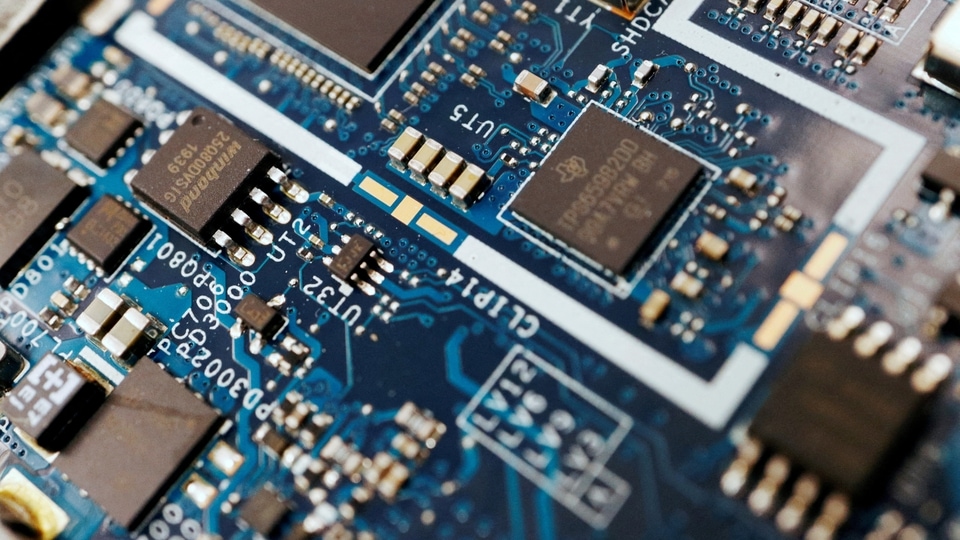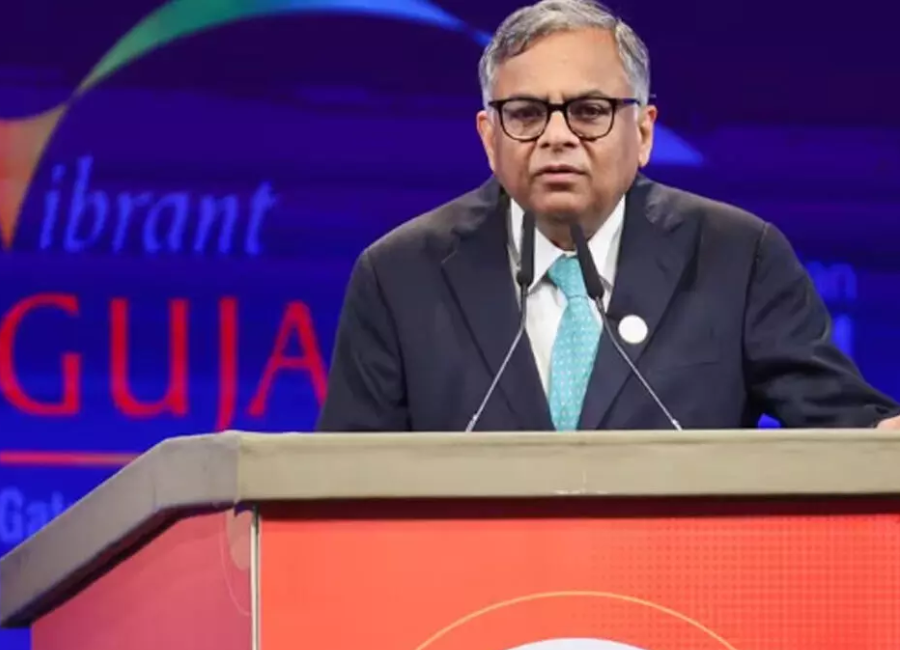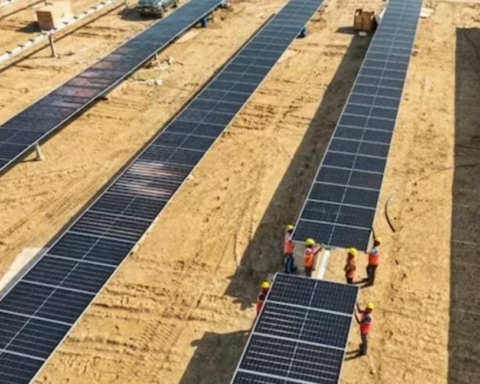Chairman of Tata Sons, N Chandrasekaran, disclosed during the Vibrant Gujarat Global Summit that the Tata Group is in the final stages of negotiations to establish a substantial semiconductor fabrication plant in Dholera, Gujarat. Chandrasekaran announced, “We are about to complete these negotiations and start in 2024.”
Furthermore, the conglomerate is advancing with its plans to construct a 20-gigawatt-hours lithium-ion battery gigafactory in Sanand, Gujarat. Chandrasekaran confirmed, “The project should start construction in the next couple of months.”
Emphasizing their commitment to Gujarat, Chandrasekaran stated, “We have significant commitments to expand our presence in the state of Gujarat. Sanand is becoming home for all our electric vehicles technology.” This expansion aims to cater to the rising demand for electric vehicles (EVs).

Tata Motors, India’s largest electric carmaker, intends to operationalize the newly acquired plant in Sanand this year, adding an extra 30,000 units to their current monthly capacity of 55,000 units.
Additionally, the Tata Group, in collaboration with the Union and Gujarat governments, plans to initiate a skill development institute covering an extensive area. Chandrasekaran detailed, “It will train more than 25,000 professionals every year primarily in advanced manufacturing of electric vehicles, and advanced electronics among other things.”
Highlighting the strategic importance of Gujarat, Chandrasekaran stated, “We see Gujarat as a very important destination not only for business growth but also for the future advanced technology industries that India is looking to grow at.”
Tata Motors aims to significantly increase their electric vehicle portfolio, targeting 50% by 2030. Shailesh Chandra, managing director of Tata Motors Passenger Vehicles and Tata Passenger Electric Mobility, highlighted their collaboration with Agratas Energy, the Tata Group’s lithium-ion cell manufacturing subsidiary, to boost domestic value addition in the electric vehicle business.
Regarding Micron Technology’s plans to build a semiconductor facility in Gujarat, President and CEO Sanjay Mehrotra remarked, “Memory is a key enabler of AI and Micron is a leading powerhouse in memory. I’m proud that in June we announced plans to build a world-class memory assembly and test facility right here in Gujarat, the first of its kind in India.”
This move aligns with Tata Group’s broader strategy to strengthen its position in the semiconductor industry and contribute to India’s growth in the electric vehicle and advanced technology sectors. The conglomerate’s commitment to establishing semiconductor and battery manufacturing facilities underscores the growing importance of these components in various industries, including automotive and electronics.
The semiconductor fabrication plant in Dholera, Gujarat, is poised to play a crucial role in enhancing India’s semiconductor capabilities, aligning with global trends emphasizing semiconductor self-sufficiency. As India aims to become a hub for electric vehicles and advanced technologies, the establishment of these manufacturing facilities contributes to the nation’s goals of fostering innovation, creating skilled employment opportunities, and reducing dependence on imports in key technological domains.
The Tata Group’s emphasis on skill development through the proposed institute reflects a commitment to nurturing a skilled workforce capable of contributing to the evolving landscape of advanced manufacturing, electric vehicles, and electronics.
In summary, Tata Group’s strategic initiatives in Gujarat underscore its multifaceted approach to bolstering India’s technological capabilities, addressing the growing demand for electric vehicles, and contributing to the semiconductor industry’s growth, aligning with national objectives of technological self-sufficiency and economic advancement.






